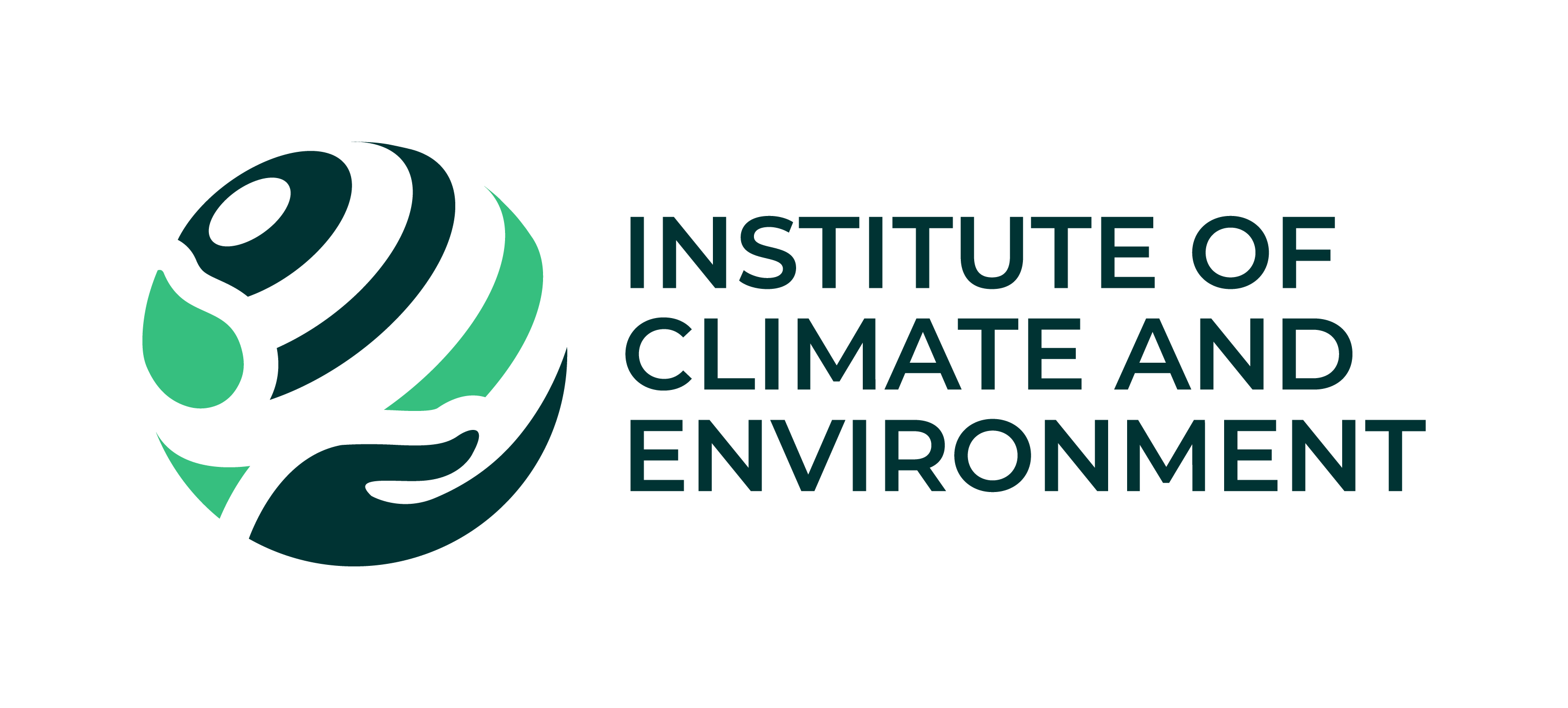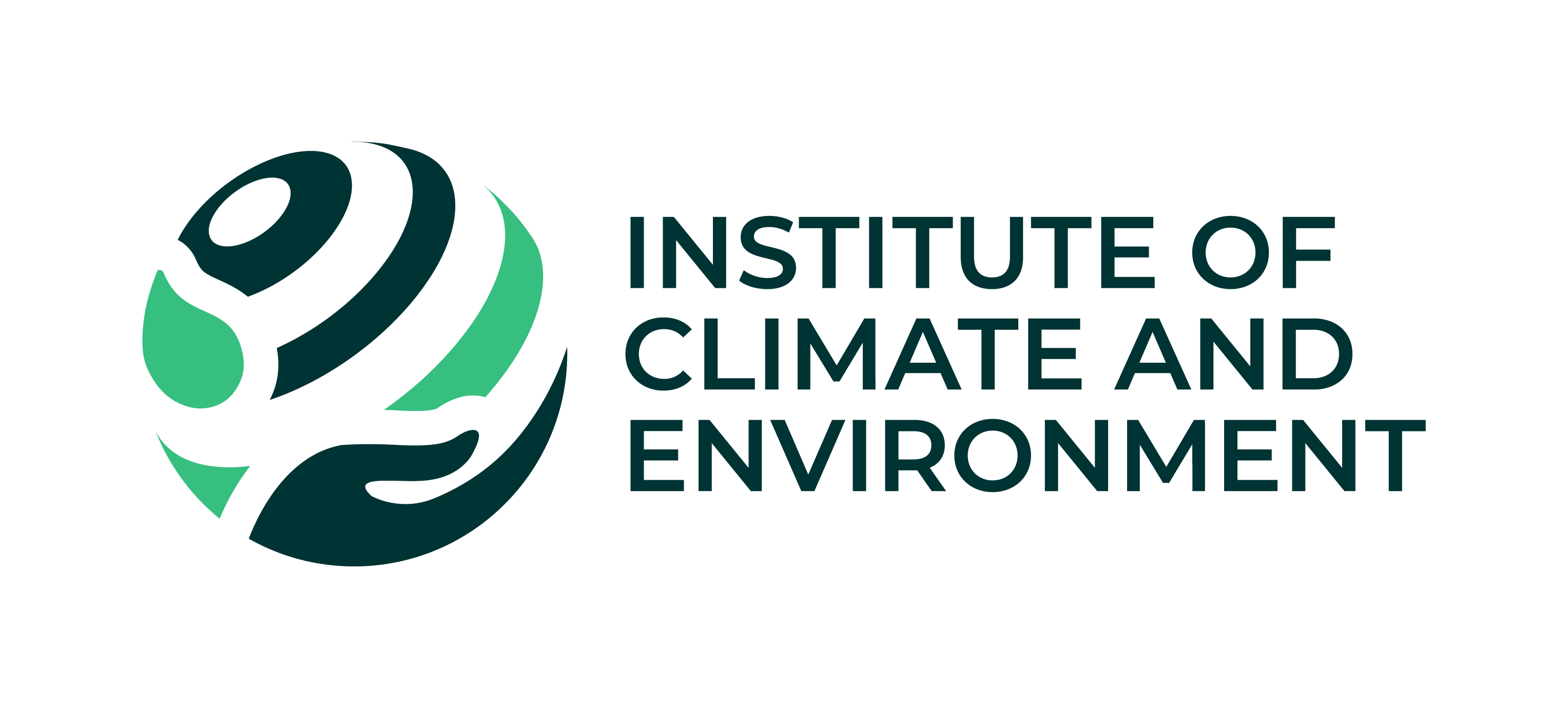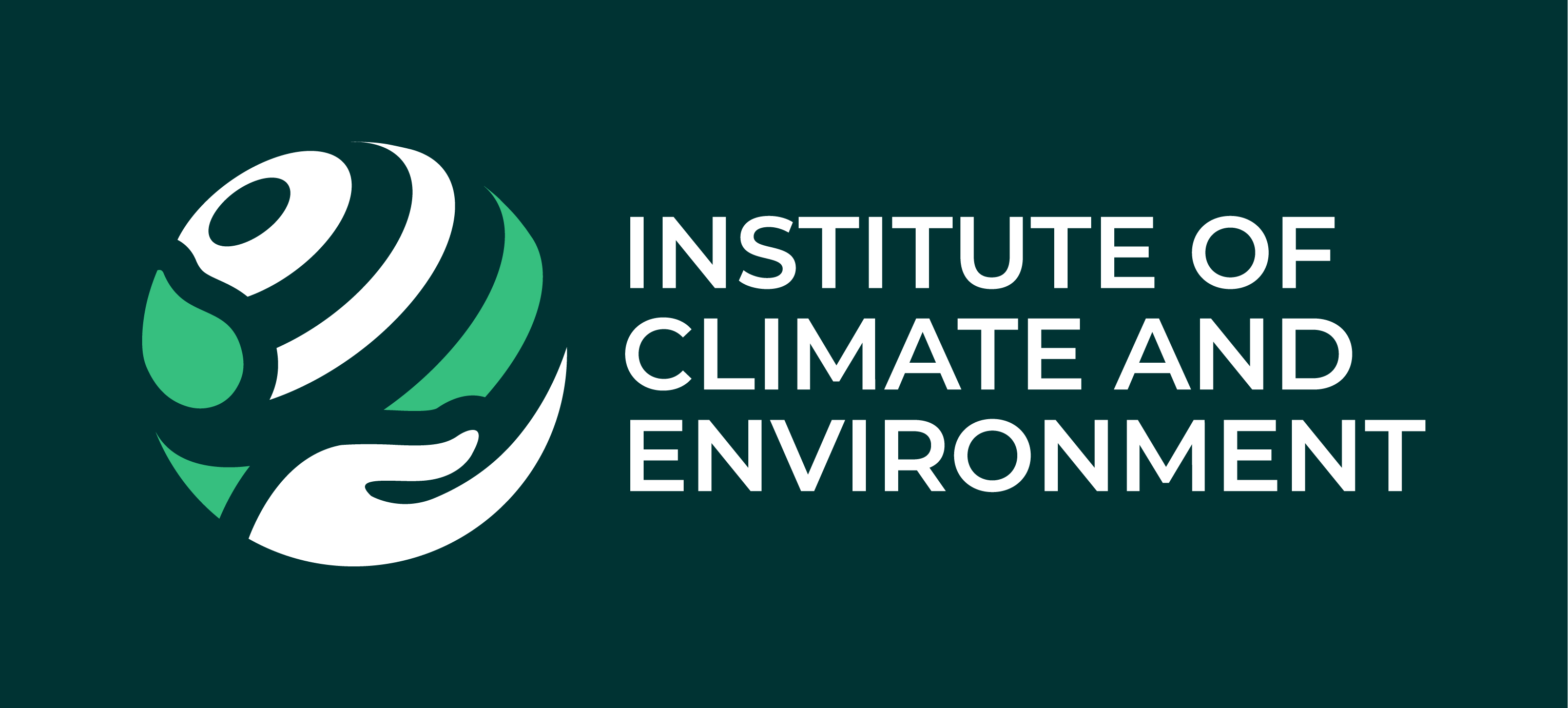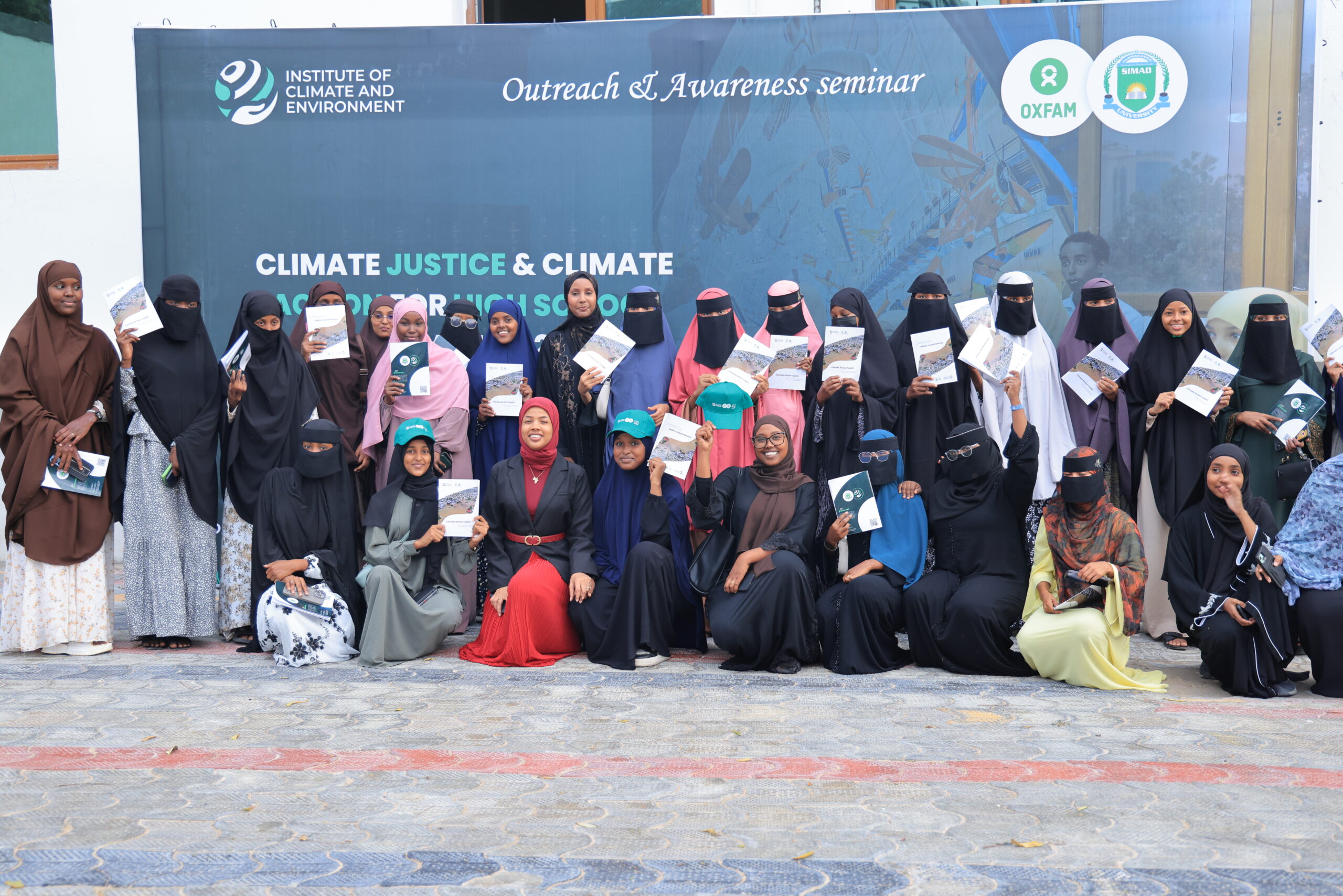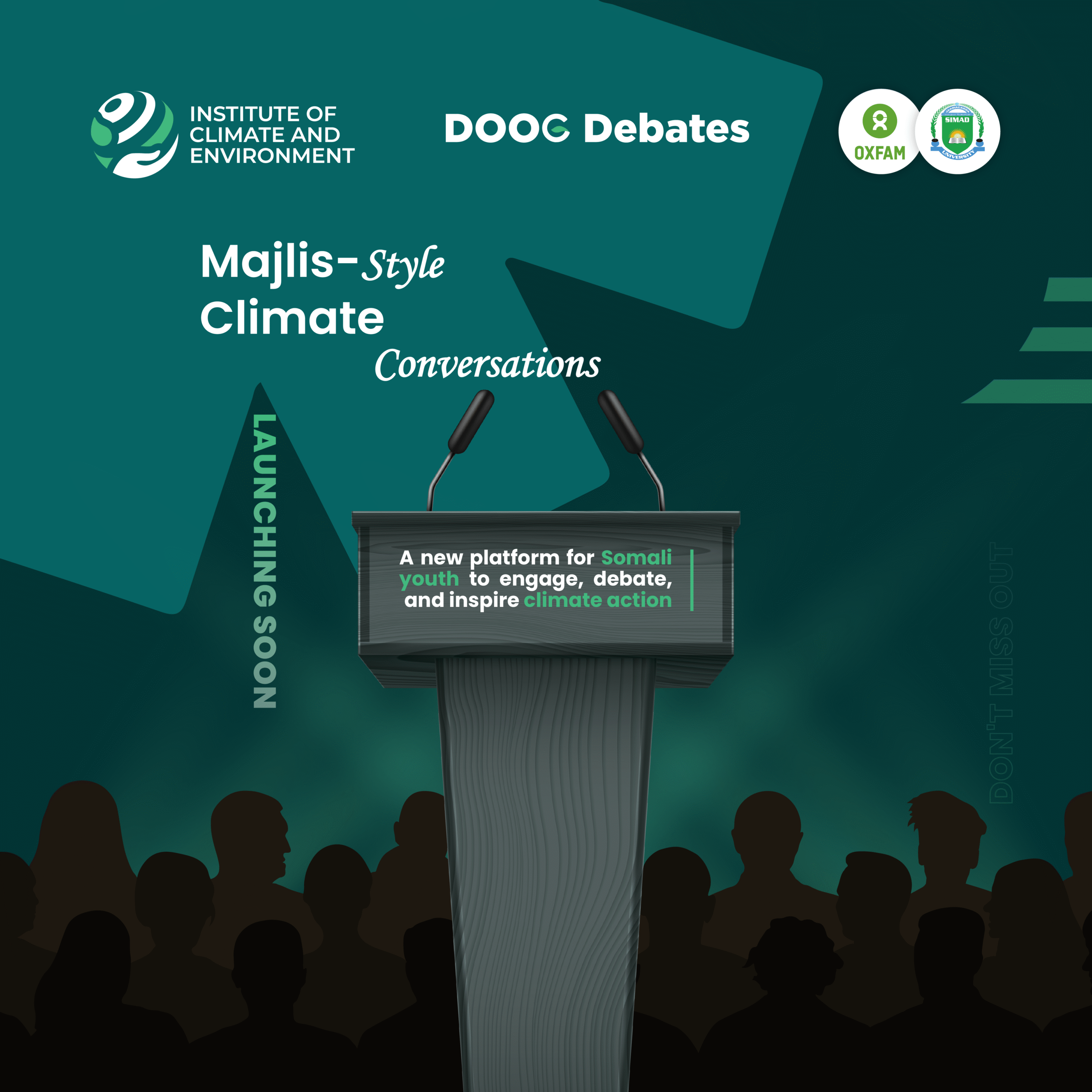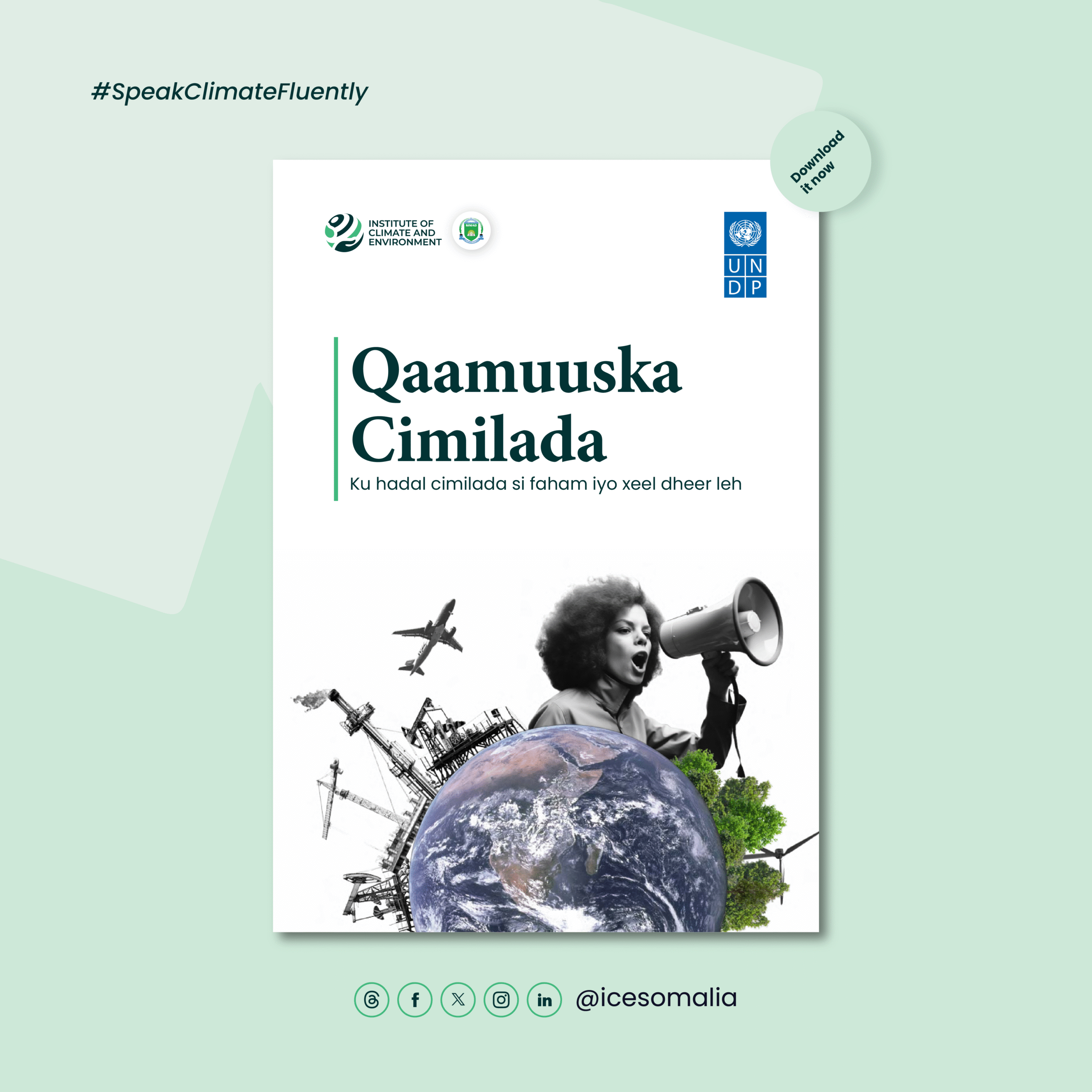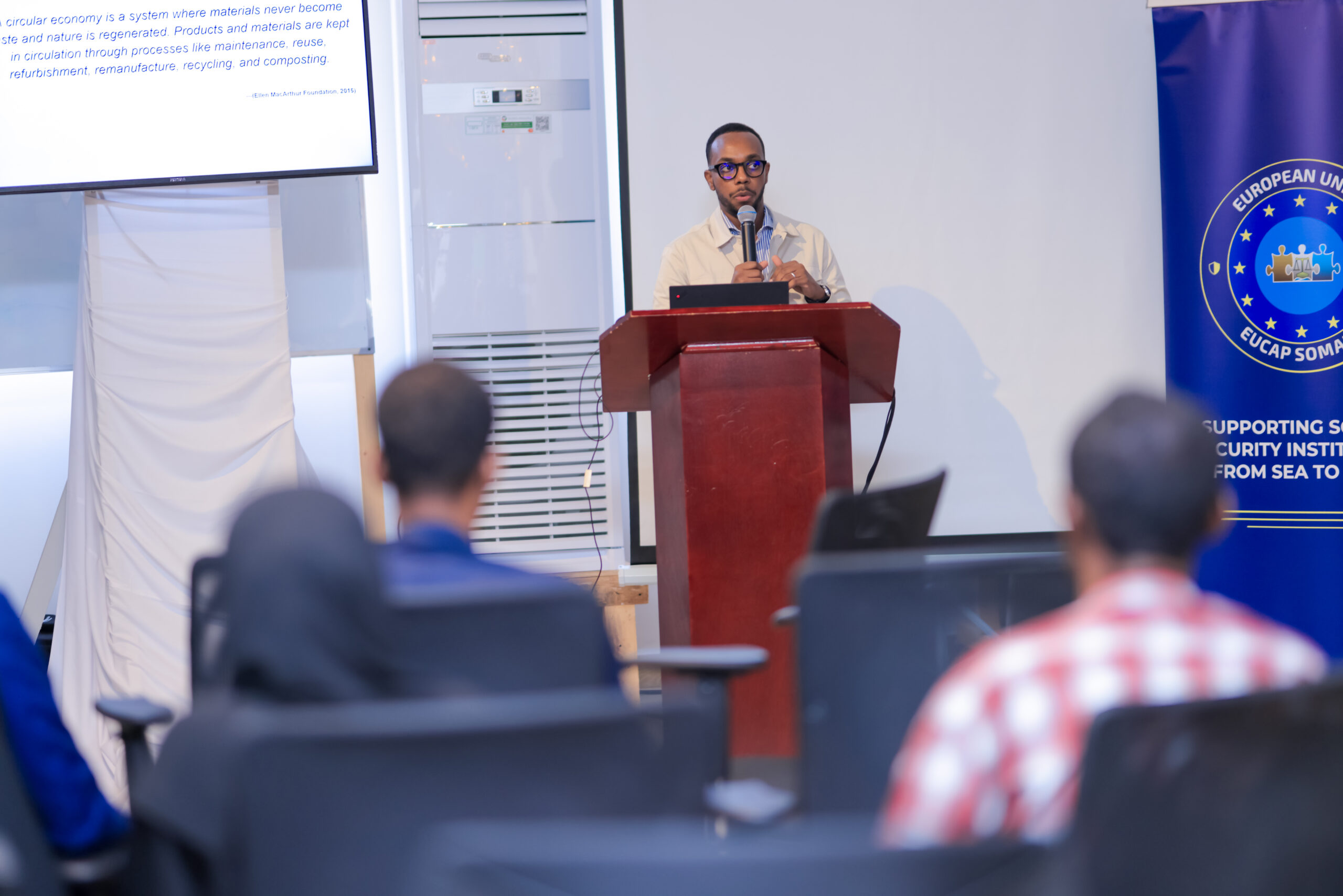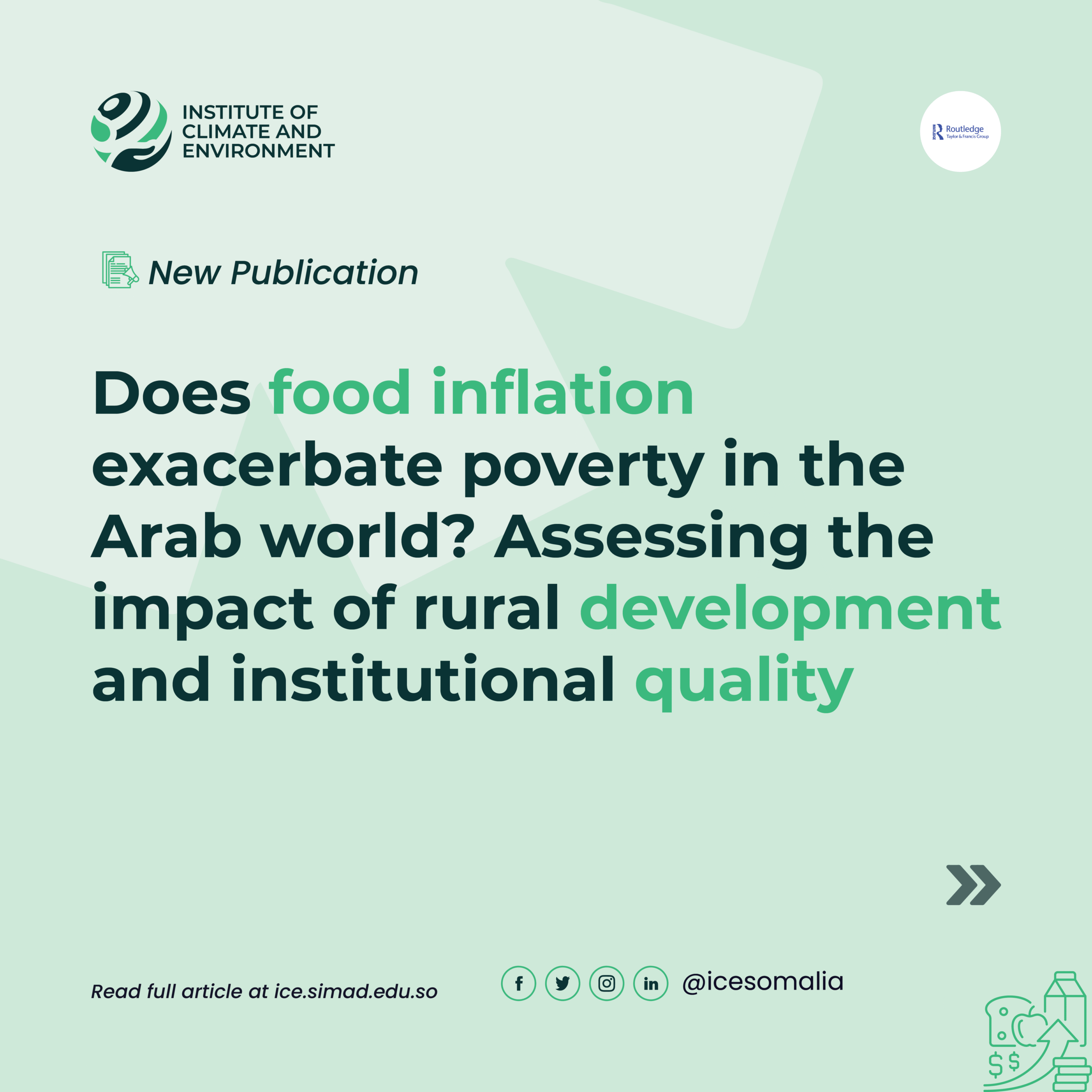Advancing Climate Justice Narratives through Outreach & Awareness Seminar
on 22nd July 2025, the Town Campus of SIMAD University buzzed with energy and purpose as 97 high school students from across Mogadishu came together for a one-of-a-kind event—an outreach and awareness seminar on Climate Justice and Climate Action. Organized by the ICE Institute and proudly supported by Oxfam Somalia, this gathering marked a powerful step [&hell
Doog Debates: A New Voice for Climate Dialogue in Somalia
Introducing Doog Debates: Where Climate Conversations Come to Life We’re proud to launch Doog Debates, a bold new initiative from the ICE Institute that puts young voices at the heart of climate discourse in Somalia. Inspired by the Doha Debates, Doog Debates brings a uniquely Somali touch to majlis-style conversations—where debate is not about division, […
Climate Dictionary: Speak climate fluently
In a historic step towards advancing climate awareness and education in Somalia, the Institute of Climate and Environment (ICE) at SIMAD University has unveiled the ICE Climate Dictionary 2025 — the nation’s first climate terminology guide in the Somali language. This pioneering resource translates and explains 40 of the most frequently used climate-related terms
ICE Institute Gains UNEP Accreditation: Somalia’s Climate Voice Reaches the Global Stage
We are thrilled to announce that the Institute of Climate and Environment (ICE) at SIMAD University has officially been accredited by the United Nations Environment Programme (UNEP). This significant milestone places ICE among the recognized global institutions with observer status at the UN Environment Assembly (UNEA) and the Committee of Permanent Representatives (C
From Pollution to Prosperity: ICE Institute Leads Dialogue on Circularity During EU Green Week 2025
Mogadishu, 5th June 2025 — The ICE Institute joined EUCAP Somalia, the EU Delegation, and EUTM-S to mark EU Green Week 2025 with a dynamic high-level seminar focused on circular economy principles. Held in Mogadishu under the theme “Reuse, Repair, Recycle for a Better Life”, the event convened key Somali and European stakeholders committed to […]
World Environment Day 2025: “Ending Plastic Pollution
On 1st June 2025, the Institute of Climate and Environment (ICE) at SIMAD University, in collaboration with Oxfam Somalia, organized a vibrant and meaningful event to mark World Environment Day 2025. Held at SIMAD University’s Town Campus, the gathering brought together over 40 participants, including environmental activists, students from various universities, yout
ICE Institute Participates at the 4th IGAD Scientific Conference on Migration, Displacement, and Urbanisation 2025
The 4th IGAD Scientific Conference on Migration, Displacement, and Urbanisation convened a dynamic cohort of policymakers, scholars, practitioners, and regional leaders from across the Horn of Africa for an in-depth exploration of the drivers shaping displacement and urbanisation in the region. This highly anticipated gathering illuminated the complex intersections of
State of Climate in Somalia 2025
Somalia is facing a rapidly intensifying climate crisis marked by rising temperatures, erratic rainfall, and increasing extreme weather events. With over 90% of its land classified as arid or semi-arid, the country remains dangerously vulnerable to droughts, floods, and food insecurity. Following the catastrophic flooding in 2023, projections for 2025 warn of continue
Somali Youth Day 2025: Empowering Young Leaders for Climate Justice
On May 15th, 2025, Somali Youth Day was celebrated at SIMAD University’s Town Campus, bringing together over 30 young environmentalists, student leaders, and climate activists from SIMAD and Somali National University. The event, organised by the Institute of Climate and Environment (ICE) in collaboration with Oxfam Somalia, served as a vibrant platform to recognise
Does food inflation exacerbate poverty in the Arab world? Assessing the impact of rural development and institutional quality
Rising food prices continue to threaten economic stability and social well-being across the Arab world. This study investigates how food inflation influences poverty levels in 14 Arab countries from 2001 to 2020, with a focus on the moderating roles of rural development and institutional quality. Utilizing panel econometric models, including the panel corrected standa
